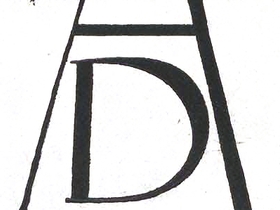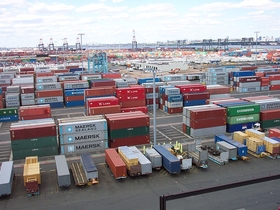Prior to 2017, the U.S. International Trade Commission (“ITC”) had not completed a “safeguard” investigation under Section 201 of the Trade Act of 1974 (“Section 201”) for nearly two decades. Many within the trade community believed that this provision, in its present form, was at odds with U.S. treaty obligations under the World Trade Organization (“WTO”). Most prominently, the Agreement on Safeguards (“SG Agreement”), read in conjunction with the General Agreement on Tariffs and Trade (“GATT”), requires that the administering authority determine that the injury suffered by the domestic industry be unforeseeable, prior to imposing any safeguard tariffs. In contrast, U.S. law has no such unforeseeability clause (among other more technical deficiencies consistently noted by the WTO Appellate Body).
Section 201 had last been triggered in a 2001 proceeding involving Steel Products under the Bush Administration. This iteration of Section 201, as with all other previous applications, were eventually withdrawn following a contrary ruling by the WTO Appellate Body. Yet, in 2017, the ITC not only initiated two separate Section 201 investigations into Solar Products and Large Residential Washers, but, found in favor of the petitioning domestic industry in both instances. Pursuant to these affirmative ITC determinations, the President imposed wide ranging tariffs on both sets of products. There had been no substantive revisions to the text of Section 201 in the interim period following Steel Products, so what changed?
At the onset, it looked like the Trump Administration was attempting what could be plausibly described as a good faith effort at imposing safeguard tariffs in a manner which conformed to the requirements of the SG Agreement and GATT. Following the ITC’s Solar Products Report, the USTR requested an additional supplemental report from the ITC, asking that it identify “unforeseen developments” that resulted in imports of subject merchandise in such increased quantities as to be a substantial cause of serious injury to the domestic industry. In turn, the ITC issued its supplemental report, and specifically discussed the WTO’s requirement that the administering authority provide an analysis of “unforeseen
developments” for a safeguard measure to comply with GATT Article XIX.
While similar efforts had been undertaken by the U.S. in past safeguard proceedings, and while they had been consistently rejected by the WTO Appellate Body, this request for a supplemental report seemed to signal a desire by the Administration to attempt to stay within the bounds of the U.S.’s WTO treaty obligations. However, in Large Residential Washers there was no request by the USTR for a supplemental report on “unforeseen developments” prior to the President imposing safeguard tariffs.
Foreseeably, these safeguard actions have resulted in formal complaints brought before the WTO by China and Korea. However, even in the regular course of its operation, the time frame to adjudicate a complaint at the WTO (i.e. from filing a complaint to final Appellate Body report) is approximately 15 months. Given the compounding factor of the current crisis at the WTO, with the United States blocking the appointment of new justices to the Appellate Body, outstanding complaints may take many months longer than that to resolve.
When we consider that the safeguard tariffs on Solar Products and Large Residential Washers have already been in effect since January 2018, the domestic industry looks to be in a position to have enjoyed trade protection for a number of years prior to the adoption of any Appellate Body report finding the U.S. in violation of its WTO commitments. This represents a technically legal, if aggressive, approach to protecting the domestic industry in the short-term- assuming the U.S. eventually accepts the final Appellate Body report and dismantles its safeguards.
If you have any questions about the applicability of trade actions in the United States do not hesitate to contact any attorney at Barnes, Richardson & Colburn.




